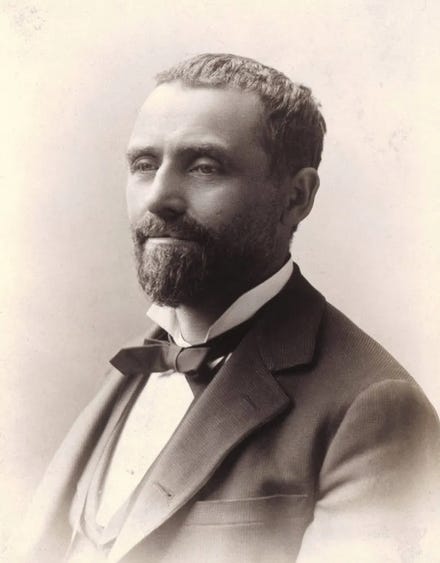The Pullman Strike: Aftermath

🌈 Abstract
The article discusses the aftermath of the Pullman Strike of 1894, focusing on the following key points:
- The imprisonment of Eugene Debs and other union leaders for violating a court injunction
- The efforts of some Pullman employees to return to work, with the company requiring them to not be members of the American Railway Union
- Governor Altgeld's attempts to provide aid to the starving Pullman residents, and his appeals to Pullman to help the workers
- The establishment of a federal commission to investigate the Pullman strike, and its interactions with Pullman executives
- The impact of the Pullman strike on the 1894 midterm elections, which saw a significant loss for the Democrats
- The upcoming trials of Debs, with Clarence Darrow as his attorney
🙋 Q&A
[01] The Imprisonment of Debs and Union Leaders
1. What were the charges against Debs and the other union leaders? Debs and the other union leaders were charged with violating the court injunction issued on July 2, which restrained them from combining and conspiring to hinder interstate commerce and the movement of U.S. mails.
2. How did Debs respond to the opportunity to post bond and be released? Debs initially rejected the opportunity to post bond and be released, choosing to remain in jail until his hearing the following Monday. However, at the postponed hearing in September, Debs allowed himself to be bailed out.
[02] Pullman Employees Returning to Work
1. What were the conditions for Pullman employees to be rehired? The Pullman company offered to take back some employees, but only if they were not members of the American Railway Union and promised to never join it. Strike organizers were not welcome.
2. How did the lack of a social safety net impact the striking workers? Without a social safety net, families of striking workers who lost their jobs were reduced to begging or starvation. Many had to swallow their pride and rejoin the company, while others moved on to other jobs.
[03] Governor Altgeld's Efforts to Aid the Starving
1. What was the content of the letter from Pullman residents to Governor Altgeld? The letter from the Pullman residents appealed to the Governor for aid, stating that over 1,600 families were in a state of destitution and starvation, with no means to leave the area or support themselves.
2. How did Altgeld respond to the residents' appeal? Altgeld was moved by the letter and wrote to Pullman, urging him to take action to relieve the suffering of his former employees and their families. Altgeld threatened to either call a special legislative session or issue an appeal to the public for aid if Pullman did not address the situation.
[04] The Federal Commission's Investigation
1. What was the Pullman company's stance on negotiating with labor unions? The Pullman company was hostile to the idea of conferring with organized labor, stating that they would only treat with employees as individuals and not as members of any union.
2. How did Pullman defend his refusal to arbitrate the dispute with his workers? Pullman claimed that arbitrating the dispute would have violated the principle of his right to manage his own property, and that the question of whether the shops would operate at a loss was "impossible" for the company to submit to a third party's opinion.
[05] The 1894 Midterm Elections
1. How did the Pullman strike and the government's response impact the 1894 midterm elections? The perception that the Democrats were in bed with big business and had used the Army to crush the Pullman strike contributed to a wipeout for the Democrats in the House of Representatives, with the Republicans gaining control of both chambers of Congress for the last two years of Cleveland's term.
[06] Debs' Upcoming Trials
1. What were the two upcoming trials Debs was facing? Debs had two trials coming up - the first for violating the court injunction, and the second for conspiracy to hinder interstate commerce and the mails. The first trial would be before a judge, while the second would be a full jury trial.
</output_format>